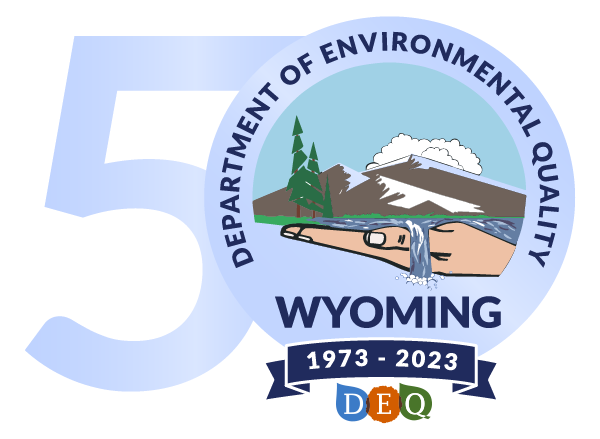By Kimberly Mazza
CHEYENNE – The Department of Environmental Quality Land Quality Division (DEQ/LQD) Administrator recently testified before the House Natural Resource Committee Subcommittee on Energy and Mineral Resources. The purpose of the oversight hearing was to examine the Biden Administration’s Abandoned Mine Lands and Active Mining Programs.
During his testimony, Wendtland provided a background on Wyoming’s coal production noting that the state has had 43 years of experience in successful coal leasing, mine permitting, reclamation, and successful implementation of the Title V and Title IV Surface Mining Control and Reclamation Act (SMCRA) coal programs. He noted that Wyoming’s surface coal mines are unique nationally and internationally in both size and scale and that Wyoming currently manages 25 active coal permits.
“These mines boast world class safety, reclamation, and environmental performance records,” noted Wendtland. “In 2022, Wyoming mines produced 40% of the nation’s coal (244,265,803 tons) used for reliable and affordable baseload thermal energy across the nation.”
During the hearing, statements were made about reclamation and idle mines that allegedly continue to operate on paper only to avoid reclamation. However, Wendtland pointed out after the hearing that those comments are not applicable to the mining industry in Wyoming.
“Wyoming has a proven track record of reclaiming mines contemporaneously, which is recorded in the most recent Office of Surface Mining Reclamation and Enforcement (OSMRE) annual report,” Wendtland said. “Currently, 197,499 acres have been disturbed by mining activities. Of these disturbed acres, approximately 116,471 acres have been backfilled, graded, topsoiled and seeded. Excluding the 35,886 acres that are used for facilities, 72% of the cumulative acres disturbed have been reclaimed to the point of being backfilled, graded, and seeded. Wyoming mines take great pride in the high-quality, contemporaneous reclamation record.”
In his testimony, Wendtland noted that one of the principal and high priority functions of OSMRE is to timely approve core activities required by federal law. Yet, Wyoming continues to see delays and lack of support for approving these core activities in a timely and predictable manner. “The lack of cooperative federalism in the approval of program amendment reviews, rule development, funding and Federal Mine Plans continues to erode the trust between the state and OSMRE,” Wendtland stated.
Wendtland concluded his remarks by adding that the OSMRE decision-making process needs to be based on sound regulatory requirements, technical merit, and fact-based science and that OSMRE needs to function in a manner where they work cooperatively with the states and in the public’s best interest.
To listen to the hearing, click here.
